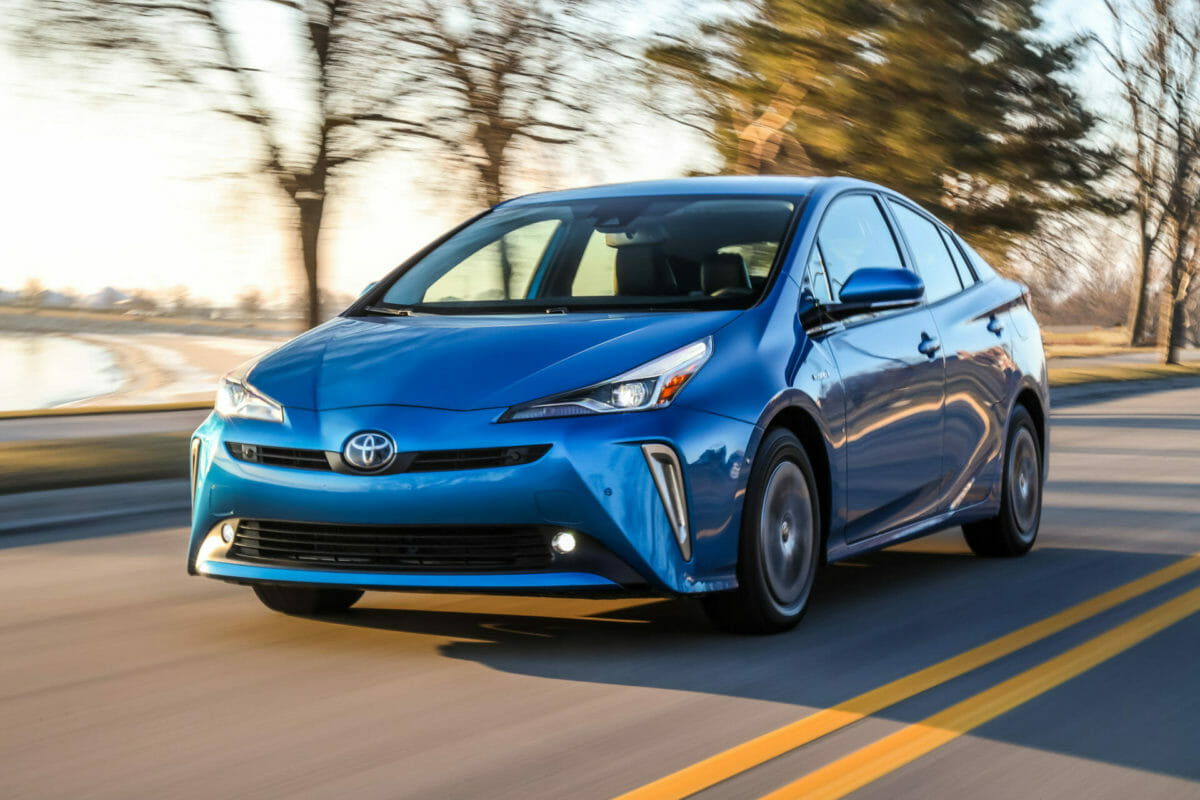79tka Insights
Your go-to source for the latest news and information.
Why Your Next Car Should Be a Gas Saver
Discover why choosing a gas-saving car can save you money and the planet! Uncover the benefits today for a smarter, greener drive!
Top 5 Reasons to Choose a Gas Saver as Your Next Car
When considering your next vehicle purchase, one of the top factors to keep in mind is fuel efficiency. A gas saver car can significantly reduce your fuel expenses, making it a financially sound choice. With fluctuating gas prices, opting for a vehicle that provides better mileage can lead to substantial savings over time. Additionally, many gas saver models come equipped with advanced engine technologies that not only boost performance but also enhance overall efficiency.
Beyond financial benefits, choosing a gas saver vehicle contributes to a more sustainable future. By consuming less fuel, these cars produce fewer emissions, helping to combat pollution and reduce your carbon footprint. Many consumers are becoming increasingly eco-conscious, and selecting a gas saver aligns with those values. As a result, not only are you making a smart financial decision, but you're also doing your part to protect the environment for future generations.

How Gas Savers Can Help You Save Money in the Long Run
In today's economy, finding ways to manage expenses is crucial for many households. One effective strategy is to invest in gas savers, which can significantly reduce your fuel consumption and lower your overall costs. These devices, designed to optimize your vehicle's performance, help enhance fuel efficiency by minimizing wasted energy. With a variety of options available, including fuel additives and engine tuning devices, using gas savers can lead to immediate savings at the pump and help you keep more money in your pocket over time.
Moreover, the benefits of gas savers extend beyond just immediate savings. By improving your vehicle's mileage, they contribute to long-term financial stability. For instance, utilizing gas savers can lead to a decrease in fuel expenditure over the months and years. Additionally, as fuel prices continue to fluctuate, having a way to mitigate these costs provides peace of mind for car owners. By making a small investment in the right gas saver products today, you can ensure a more sustainable financial future while enjoying the added benefit of fewer trips to the gas station.
Is a Gas Saver Right for You? Key Factors to Consider Before You Buy
When considering whether a gas saver is right for you, it’s essential to evaluate your driving habits and fuel consumption patterns. If you frequently find yourself traveling long distances or have a daily commute that requires significant fuel expenditure, investing in a gas saver can lead to substantial savings over time. Additionally, assess your vehicle's compatibility with gas-saving devices, as some models may require specific modifications. Understanding your needs can help determine if a gas saver will genuinely enhance your fuel efficiency.
Moreover, before purchasing a gas saver, consider the upfront costs versus potential savings. Explore different types of gas-saving products, such as fuel additives, engine tuning devices, or hybrid technology, and calculate how long it will take for the investment to pay off through savings at the pump. Key factors to consider include:
- Your budget for initial purchases
- The anticipated reduction in fuel costs
- The reliability of the product based on user reviews
By taking these factors into account, you can make an informed decision on whether a gas saver aligns with your financial goals and driving needs.